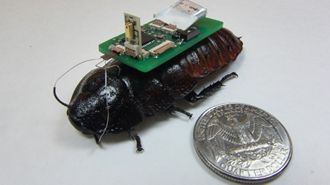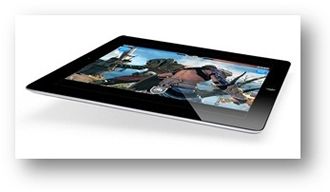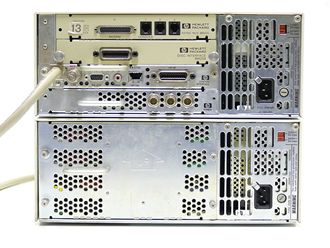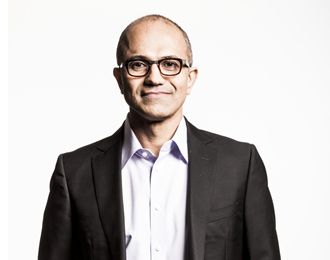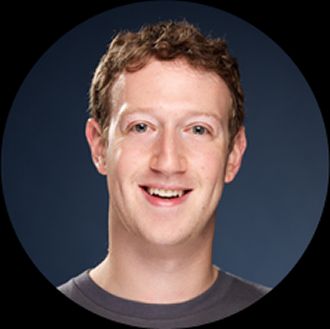 David Chisnall, of Cambridge University become the general processor’s first atheist, by refusing to believe in the existence of a general-purpose chip.
David Chisnall, of Cambridge University become the general processor’s first atheist, by refusing to believe in the existence of a general-purpose chip.
Writing in Queue he said that there was a general trend to categorise processors and accelerators as “general purpose.” Of the papers published at this year’s International Symposium on Computer Architecture (ISCA 2014), nine out of 45 referred to general-purpose processors; one additionally referred to general-purpose FPGAs (field-programmable gate arrays), and another referred to general-purpose MIMD (multiple instruction, multiple data) supercomputers, stretching the definition to the breaking point.
However Chisnall nailed a statement on the door of the Intel research division that there was no such thing as a truly general purpose processor and that the belief in such a device was harmful.
Risking the wrath of the great Intel God he said that many of the papers presented at ISCA 2014 that did not explicitly refer to general-purpose processors or cores did instead refer to general-purpose programs, typically in the context of a GPGPU (general-purpose graphics processing unit), a term with an inherent contradiction.
He said that a modern GPU has I/O facilities, can run programs of arbitrary sizes (or, if not, can store temporary results and start a new program phase), supports a wide range of arithmetic, has complex flow control, and so on. Implementing Conway’s Game of Life on a GPU is a common exercise for students, so it’s clear that the underlying substrate is Turing complete.
Chisnall argues that it is not enough for a processor to be Turing complete in order to be classified as general purpose; it must be able to run all programs efficiently. The existence of accelerators (including GPUs) indicates that all attempts thus far at building a general-purpose processor have failed. If they had succeeded, then they would be efficient at running the algorithms delegated to accelerators, and there would be no market for accelerators.








